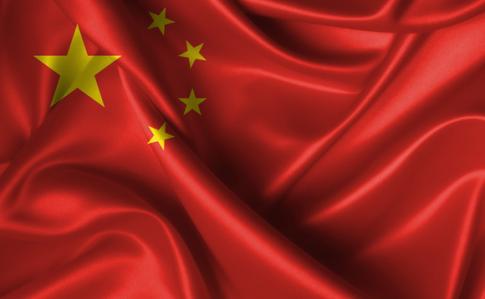China and the Future of Democracy

China's growing geostrategic influence, rising soft power, and, above all, continued economic success suggest that other countries will see it...
Barry Eichengreen *
China's growing geostrategic influence, rising soft power, and, above all, continued economic success suggest that other countries will see it as a model to emulate. But will China's power and prosperity really boost the global appeal of its authoritarian model?
LONDON – Will China soon be the world’s leading economic and geopolitical power? Has it achieved this status already, as some suppose? And if the answer to either question is yes, what are the global implications for the future of democracy?
The indicators of China’s rise are clear. China is poised to overtake the United States in terms of aggregate GDP within two decades, although forecasting precisely when depends on what one assumes about the growth rates of the two economies and the exchange rate used to convert renminbi into dollars. China is already the world’s leading trading economy, and its push to internationalize the renminbi has resulted in a growing share of that trade being settled in its own currency, potentially challenging the dollar’s position as the leading global currency.
Moreover, China is pumping foreign investment into economies across Africa and South Asia, obtaining military bases and other geostrategic assets in return from its heavily indebted commercial partners. Its Belt and Road Initiative is further fueling China’s outward investment and deepening its economic links with countries across the Eurasian landmass.
And then there is China’s soft power: its school programs, cultural exchanges, museum exhibitions, and UNESCO projects.
This growing geostrategic influence, rising soft power and, above all, continued economic success suggest that other countries will see China as a model to emulate. They will be attracted to its political model, which eschews the chaos of Western democracy in favor of centralized administrative control. The attractions are even more alluring against the backdrop of the Trump administration’s incoherent approach to governing, the British Tories’ shambolic efforts to manage Brexit, and Italy’s inability to form a government, to cite just three examples of democratic disarray.
By contrast, the more power, prosperity, and stability China projects, the greater the appeal of its authoritarian model. Observers in emerging and developing countries are apt to note that decisions are costly to reach and difficult to sustain in democratic systems. Both the process and results are unreliable. China’s approach, which has delivered the goods for two generations now, has more going for it, especially from the perspective of poor countries where sustained growth is the priority.
This makes it inevitable, it is said, that more countries will emulate Chinese governance. And this observation casts grave doubt on the future of democracy.
But this confident forecast misses a key point. Democracy may be messy, but it contains a built-in course-correction mechanism. When policy goes awry, the incumbents responsible for the mistake can be, and often are, voted out of office, to be replaced, in principle at least, by more competent rivals. 2
An authoritarian regime has no such automatic adjustment mechanism. Autocratic leaders will not give up power easily, and may choose, in their wisdom, to double down on failed policies. There is no orderly way of compelling them to do otherwise. A popular uprising, like the Solidarity movement in Poland, or a revolt of the nomenklatura, such as in the Soviet Union, can force the issue. But this typically happens only when an extended political and policy stalemate must be broken – and it often comes at a high cost in terms of public violence and loss of life.
Moreover, the idea that China’s leaders will continue to avoid serious policy errors indefinitely, and that their capacity as crisis managers will never be tested is, quite simply, fanciful. Any one of a number of shocks – the failure of a heavily-indebted corporation, revelations of hidden problems in Chinese financial institutions, a spike in global energy prices, or a serious geopolitical event – could bring growth tumbling down. The opening of China’s financial markets heightens the economy’s exposure to volatile capital flows and increases the scope for capital flight. And China, close as it is to North Korea, is not in a good geopolitical neighborhood.
In short, stuff happens, and if Chinese leaders do not manage the fallout well when it does, the public could turn against them. How the regime responds in that case will tell the tale. And it could be a tale – can you say “Tiananmen Square”? – that no government wants to reprise at home.1
China, clearly, is emerging as a world power, even more quickly than it otherwise would, to the extent that the US is coming to be seen as an unreliable partner concerned only with advancing its own interests – at the expense, if necessary, of other countries. But the belief that China will continue growing at mid-single-digit rates for an extended period violates the first rule of forecasting: don’t extrapolate the present into the future. At some point, China will hit bumps in the road, and there is no guarantee that its leaders will admit their failures and adjust policy accordingly.1
At that point, the Chinese model of strong political control will appear less alluring to other countries, especially if the regime clamps down hard on civil society. Democracy, then, may have a future after all. /project-syndicate
* Barry Eichengreen is Professor of Economics at the University of California, Berkeley, and a former senior policy adviser at the International Monetary Fund. His latest book is The Populist Temptation: Economic Grievance and Political Reaction in the Modern Era.




 del.icio.us
del.icio.us Digg
Digg

Post your comment